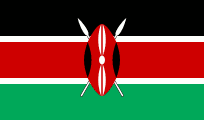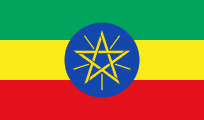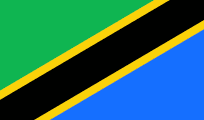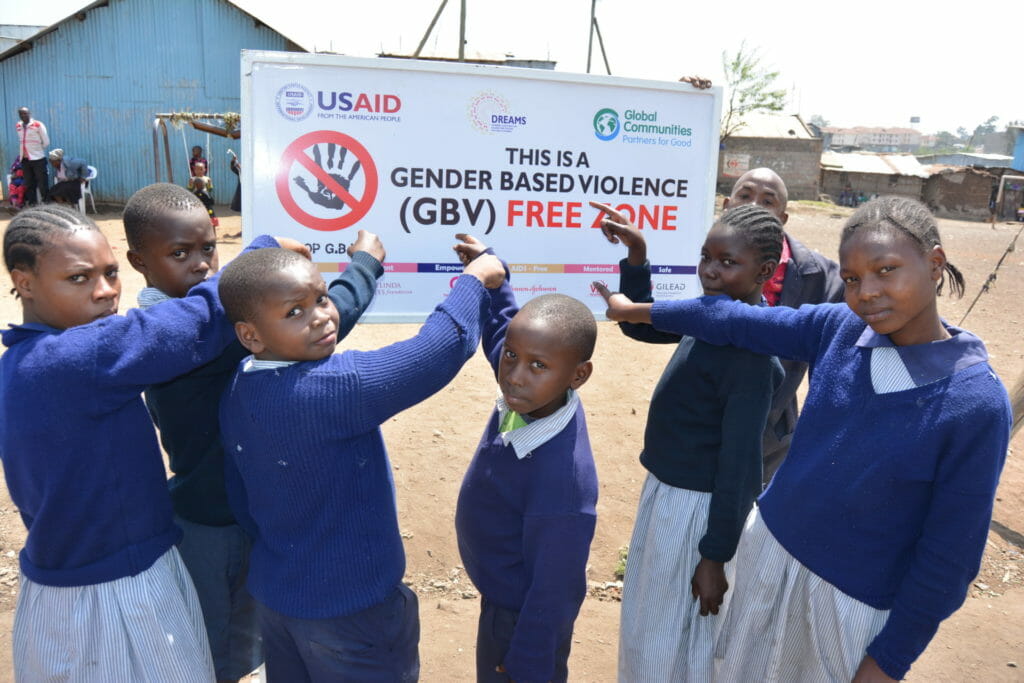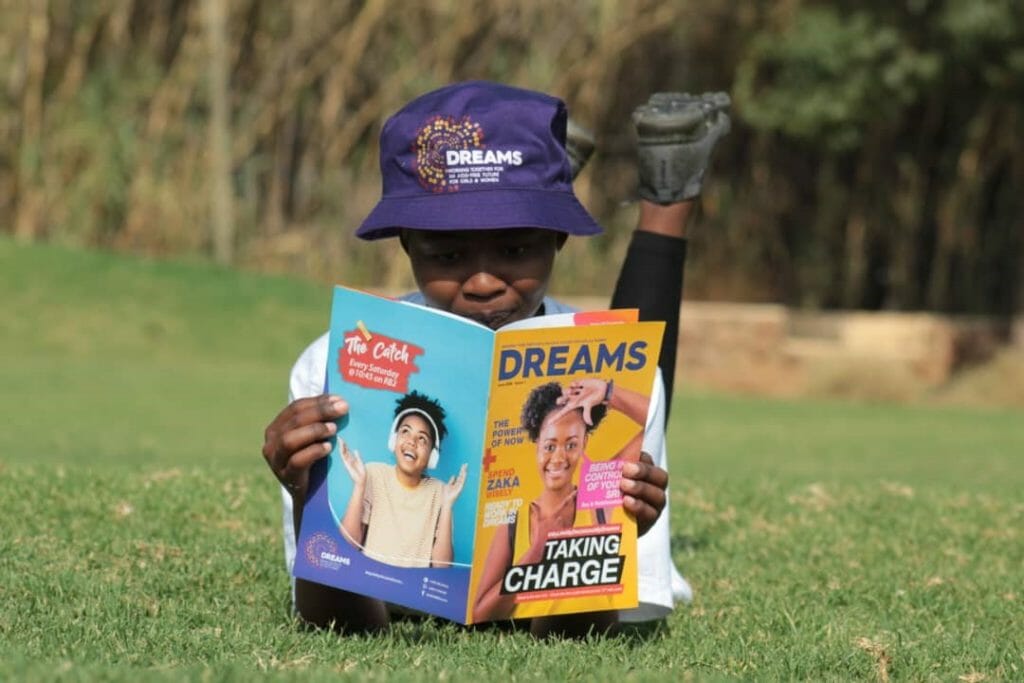Global Communities catalyzes transformative, locally-led change and long-lasting impact in the countries and communities where we work through strategic and mutually reinforcing partnerships with governments, the private sector, civil society organizations and networks. Through an inclusive and equitable partnership approach, we collectively address social and economic development challenges through the co-design and co-implementation of programs, continuous communication and collaboration, participatory analysis and learning, and a shared commitment to excellence not only in what we do, but how we do it.
Capacity development—the exchange of ideas, experiences and knowledge through partnership—is an integral part of how Global Communities achieves our project objectives and goals, sustains programmatic impact, and authentically supports locally-led development. We bring decades of experience strengthening, complementing and leveraging local capacity, and use evidence-based methodologies and tools to meet the diverse needs and aspirations of our partners.
The foundation of our capacity development approach is the formation and cultivation of strong, collaborative and mutually beneficial partnerships that are governed by a system of accountability, learning and trust, as well as continuous accompaniment and commitment. Together with our partners, we co-design and co-create living plans that are grounded in evidence and continuously adapted as circumstances and priorities change, ensuring activities, interactions and investments are aligned with desired outcomes that support greater organizational resilience and broader systems-level transformation.
We recognize that sustainable change is dependent on locally-led, managed and owned solutions. To this end, our organization plays a critical role in building equity and social capital through facilitating connections and partnerships, promoting collective action, and ensuring representation and inclusion among a diversity of community representatives across all sectors – including national and sub-national governments, the private sector, and most importantly, the communities, the families and the individuals that are at the heart of our programming.
Our Approach
Global Communities uses participatory, inclusive and asset-based methodologies, continuous accompaniment and measurement tools to strengthen community, institutional and individual capacities that are integral to increased performance. The capacity development process is evidence-based and customized to each of our partners’ unique vision for change. Our process is also intentionally aligned with desired performance outcomes and reflective of our partners’ role in the broader system. To overcome the barrier of short-term project cycles and top-down externally enforced solutions, we foster collective action by linking stakeholders across a system. Our tools are designed to holistically assess a range of capacities that, when strengthened together, enable conditions for progress, innovation, growth, ownership, transformation and sustained impact.
Ways we strengthen efforts towards local ownership:
- Co-design, plan, implement and measure projects and programs with partners
- Share accountability for program results, accountability to communities and compliance with donor rules and regulations
- Ensure inclusive, diverse and equitable participation of individuals and actors across the power continuum, such as families, community members, civic and corporate leaders, government authorities and donors
- Utilize “demand-driven” organizational capacity strengthening
- Facilitate collaborative learning, including continuous opportunities to share progress, challenges, opportunities and provide feedback
TESTIMONIAL
This relationship between Global Communities and PCZ is so important and will be for time to come. It is symbiotic. We have formed and developed this relationship, we have developed local staff capacity, and this is our strategy and commitment in the countries where we have worked for a long time. This is special, this should continue.
- Yvonne Mulenga, Executive Director, Project Concern Zambia
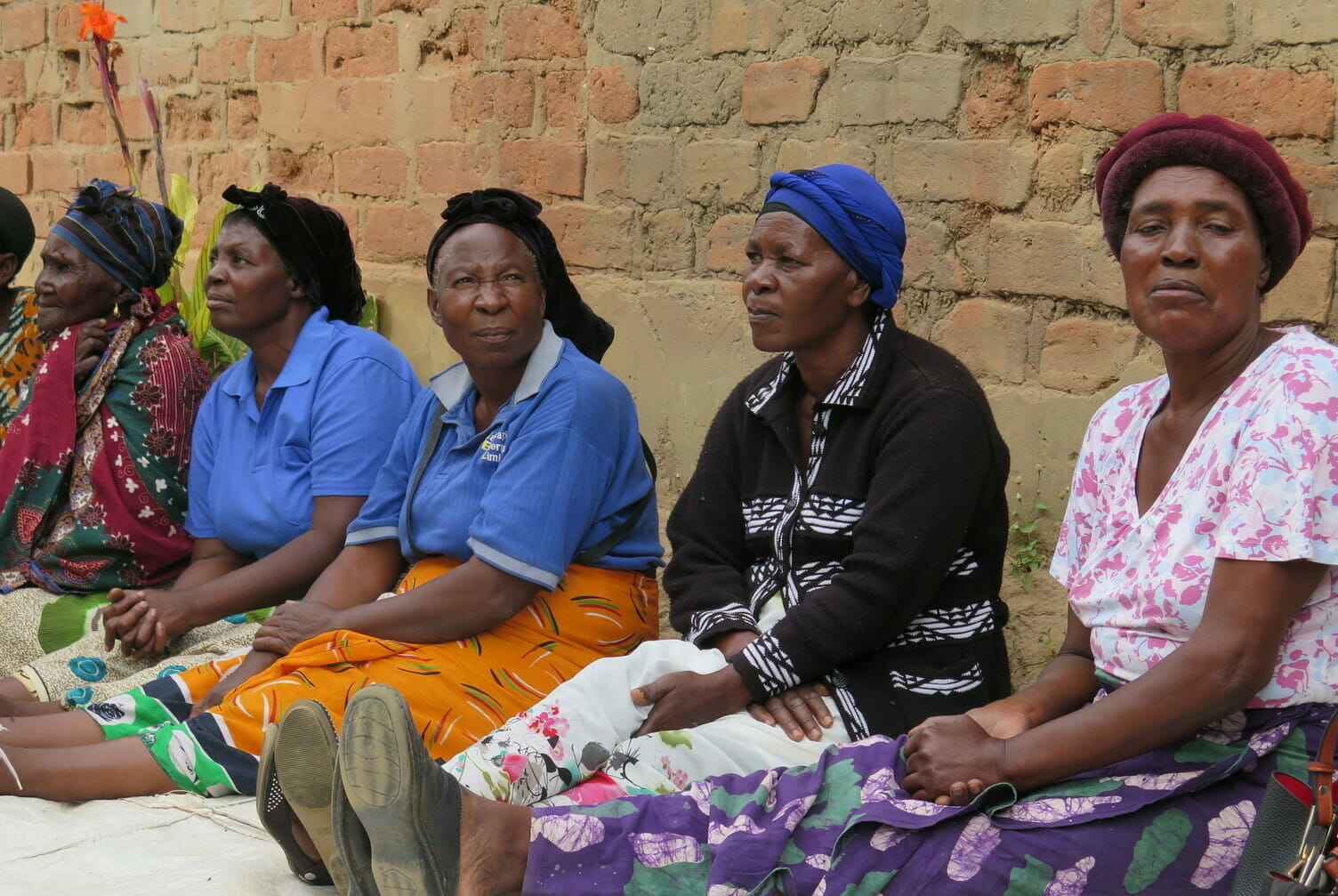
Capacity Strengthening & Transition to Local Ownership
Global Communities has a rich history of successfully transitioning the ownership of operations and programs to locally-led and managed entities. Between 1998 and 2020, we incubated more than 25 organizations, supporting the development of new business models, funding strategies and proposals to both U.S. government and non-governmental donors. Most recently, we have prepared local partners in Zambia, Kenya and Botswana to qualify for, receive and manage funding as prime recipients of U.S. government awards.

Governance & Leadership Strengthening
Global Communities trains and supports individuals so they can become better leaders in their communities and within their organizations. We support boards and leadership teams to identify and strengthen key drivers of strategic change, growth and transformation. Through our process of appreciative inquiry, coaching, development of action plans and accompaniment, organizations and individuals strengthen hard and soft skills, knowledge and competencies integral to managing organizations and programs and maintaining a strong organizational culture.
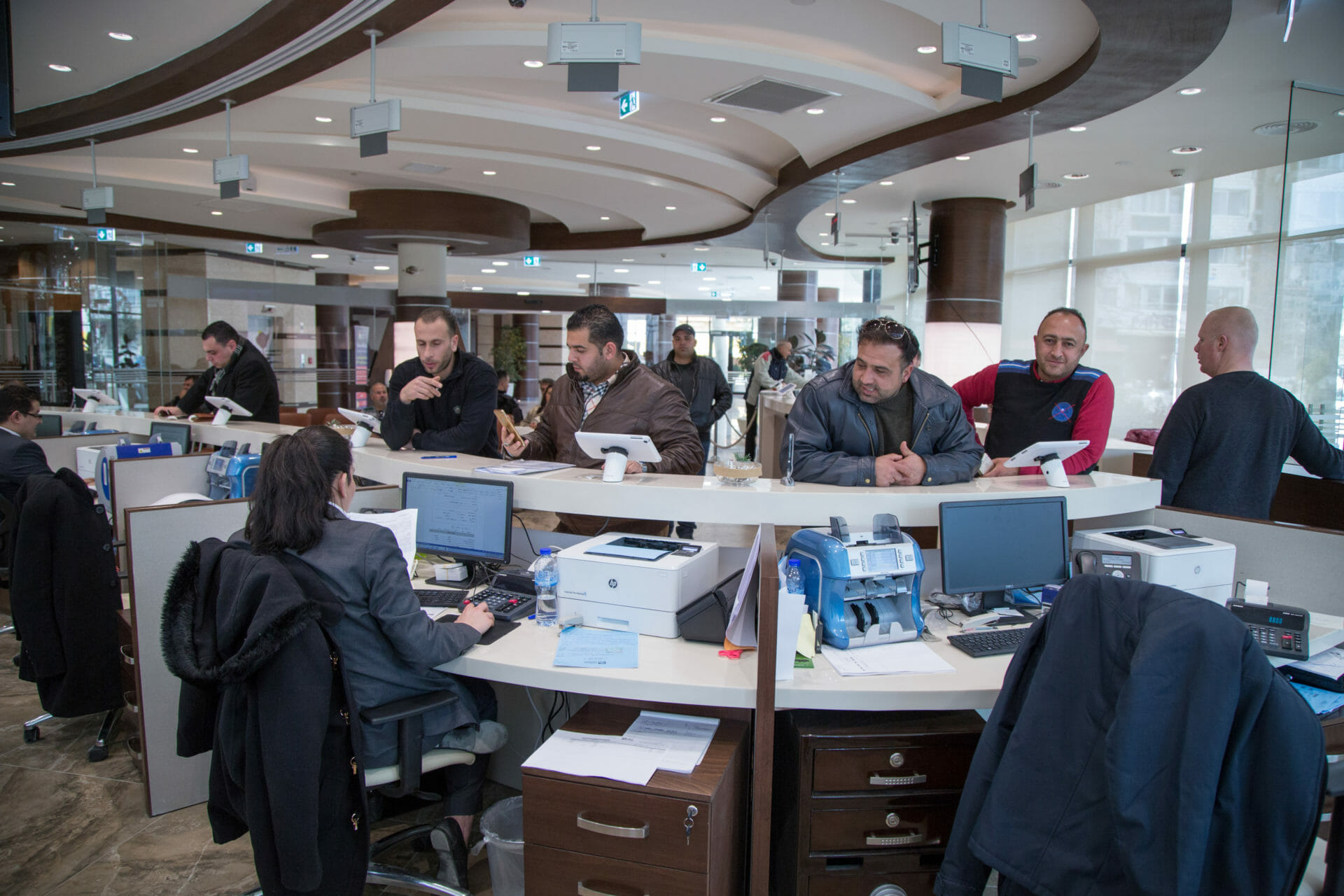
Organizational Development & Systems Strengthening
Global Communities supports organizations as they deepen knowledge and skills in operational and technical aspects of program design and delivery. We work together to identify and implement internal solutions to ensure the effective, efficient and quality management of programs and services, all with the aim of ensuring organizations can achieve their mission and vision, optimize performance, broaden their influence and reach and sustain programmatic outcomes and impact.
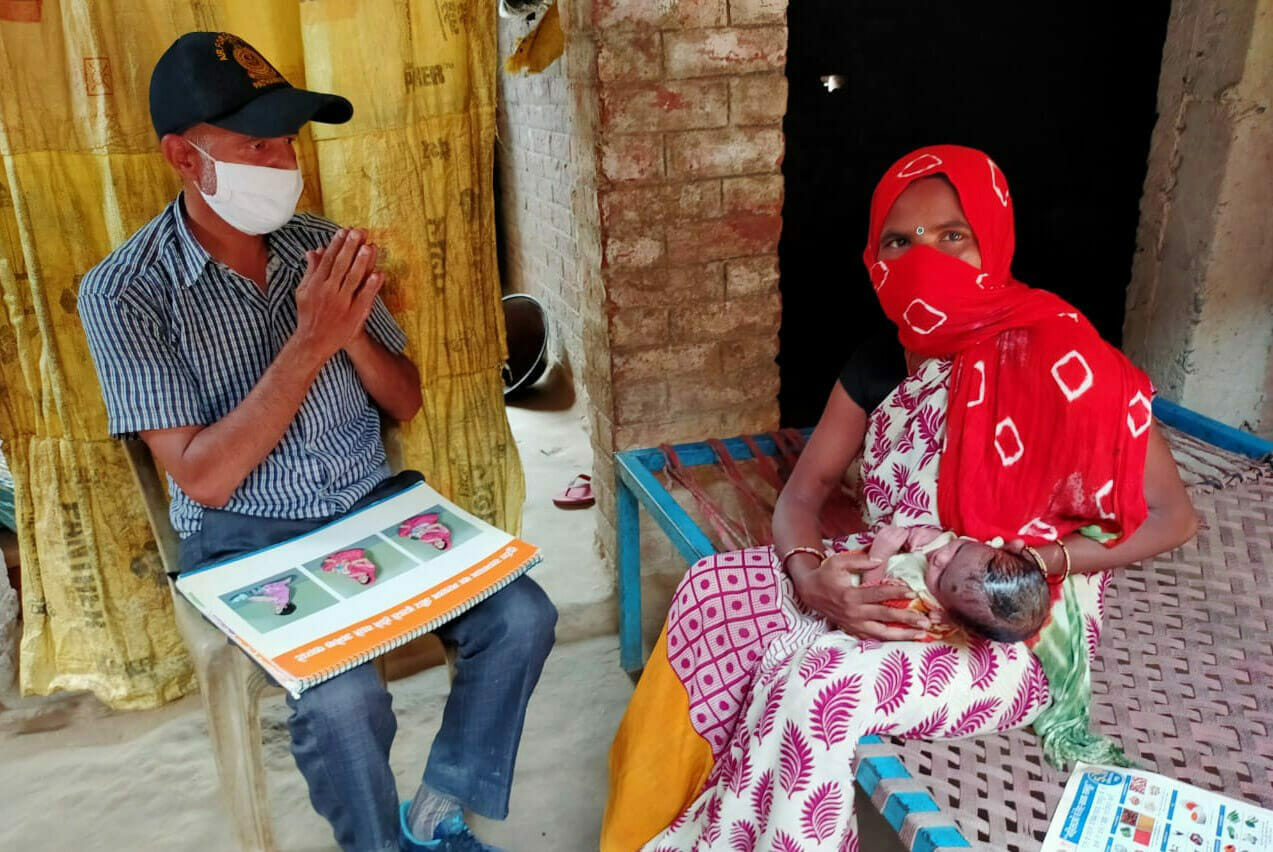
Strengthening Government Programs at Scale
Global Communities draws on evidence-based approaches to strengthen and mobilize community and government institutions in core business areas and strengthen overall systems and processes, community institutions and platforms. Together, we devise evidence-based strategies and interventions and integrate them into core operational model for empowering and mobilizing communities to achieve sustainable improvement in health and nutrition outcomes.
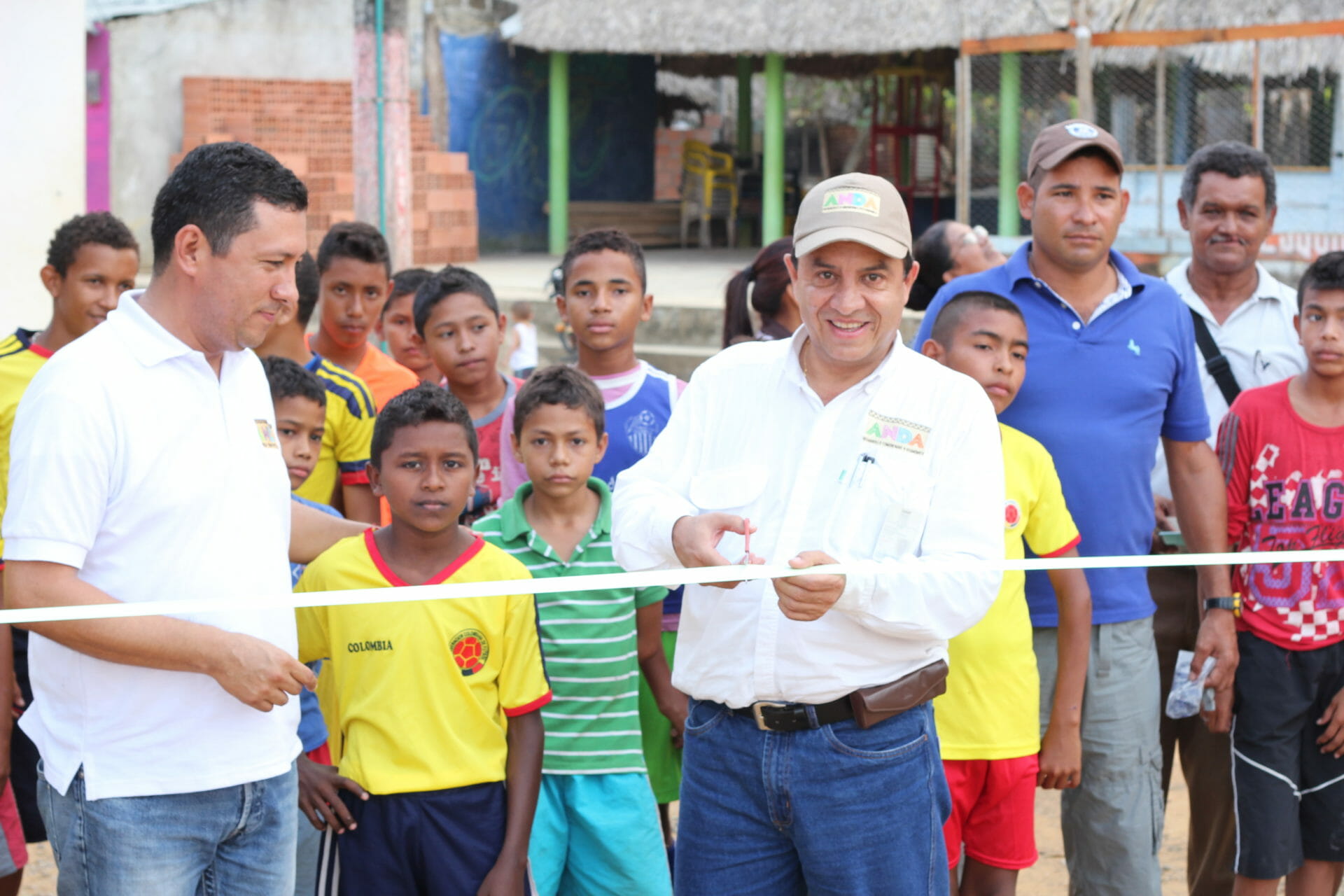
Collective Impact on Inclusion & Equality
Through collaborative learning, innovation, quality improvement and capacity development, Global Communities convenes multilevel stakeholders to achieve a common aim of addressing complex public health, social and economic challenges through collective impact.
LEADING IMPACT
Inspiring & Equipping Leaders in Tanzania & Beyond
Leading Impact, a core component of Global Communities' local capacity strengthening approach, is a year-long leadership program that inspires and cultivates emerging leaders to reach peak performance through a transformative, active learning experience.
Examples of our Effective Methodologies
- The Appreciative Review of Capacity tool supports the sustainability of local organizations by helping them assess and increase their ability to fulfill their mission, manage quality projects and achieve long-term objectives. Measuring organizational capacity in internal governance, strategic planning, human resources, external relations, project management, resource development, financial management and administration captures existing capacities and assets and launches capacity building interventions and routine measurements.
- Leading Impact enables groups of leaders to learn on the job, increasing their knowledge and skills while expanding their perspectives through sharing experiences with peers. Leveraging communications technology, this program empowers individuals and teams to realize their potential and differentiate themselves from other project managers. Leading Impact includes a rigorous assessment and evaluation system that measures current status, growth and potential of the participating leaders, teams, projects and organizations.
- The Sustainability Index is used to measure and improve civil society organizations' ability to manage and implement projects and deliver services to achieve long term sustainability in a timely and transparent manner. The index also allows donors to assess the impact of capacity building investments and signals when organizations are ready to receive direct funding. The Sustainability Index analyzes and assigns scores to six interrelated categories: organizational capacity, financial viability, policy engagement, quality of service provision, infrastructure and public image.
- The Resource Guide for Enhancing Potential for Sustainable Impact was developed to help development practitioners enhance the sustainability of their programs’ impact through practical guidance and tools that could be applied to existing program design and management processes. The guide offers a useful resource that can help implementing organizations, local partners, donors and other stakeholders better understand how a sustainability lens can be applied practically throughout each stage of the project life cycle through effective management, capacity strengthening and implementation of practical transition strategies.
30
civil society organization partners of Global Communities in Africa, working to holistically strengthen organizational capacity under USAID/PEPFAR programs
5
organizations transitioned in Kenya, Botswana and Zambia to direct funding for a total combined value of $45 million from USAID to new local partners since the start of 2020
26
organizational leaders Tanzania successfully completed the Leading Impact program, with 19 more to graduate in Botswana in 2022
10.4 million
women reached through 865,000 local self-help groups in India with health and nutrition interventions and by extension covering a total population of 51 million individuals
Our work in this area reaches
Resources
Briefs & Case Studies
CVCFG: ASGM Logistics in Eastern DRC Learning Brief
USAID’s Commercially Viable Conflict-Free Gold (CVCFG) Project, known locally as “Zahabu Safi” is a five-year project, implemented in the Democratic Republic of the Congo (DRC) by Global Communities and Levin Sources. The project is designed to build on recent successes achieved by donor-funded initiatives to export responsibly sourced gold to jewelry buyers in North America…
Briefs & Case Studies
Program Brief: USDA Chakula Chetu Local and Regional Food Aid Procurement Program in Tanzania
In 2017, USDA funded a Local and Regional Food Aid Procurement (LRP) program, called Chakula Chetu, meaning Our Food in Swahili. Chakula Chetu complements Project Concern International (PCI), a Global Communities Partner’s McGovern-Dole program in Tanzania, FFE III. Emphasizing local capacity strengthening to promote long-term ownership and sustainability, Chakula Chetu delivers a cost-effective and timely…
Research & Publications
An Infant Carrier Intervention and Breastfeeding Duration: A Randomized Controlled Trial
Emily E. Little, PhD, CLEC, Camille C. Cioffi, PhD, Lisa Bain, MPH, Cristine H. Legare, PhD, Jennifer Hahn-Holbrook, PhD OBJECTIVES: Parent-infant skin-to-skin contact immediately after birth increases initiation and abstract duration of bodyfeeding. We hypothesized that providing ergonomic carriers to parents during pregnancy would increase the likelihood of breastfeeding and expressed human milk feeding through…
Briefs & Case Studies
Improving Key Water, Sanitation and Hygiene Practices in Ghana Through A Behavior-Led Approach
Years of effort and focus by the Government of Ghana and its partners have yielded significant improvements in the country’s child morbidity and mortality rates. Still, every year, at least 4,000 Ghanaian children die from diarrhea, and 23% experience chronic malnutrition linked to poor water and sanitation.(1) To help improve these numbers, USAID funded the…
Toolkits & Manuals
Guía Metológica para Análisis de Rumores sobre COVID-19
El abordaje metodológico y analítico sobre rumores constituye la base fundamental que proporcionará la información y resultados necesarios para la erradicación efectiva de rumores prevalentes sobre COVID-19. La presente guía describe los pasos metodológicos a seguir, tanto para el análisis de datos como para la formulación de los mensajes antirumores.
NEWS
Latest stories from the blog

Global Communities Welcomes First Chief Equity and Inclusion Officer
Deborah Harris to lead organization-wide effort to advance equity Silver Spring, MD – Global Communities, an organization working at the intersection of humanitarian assistance, sustainable …
Read More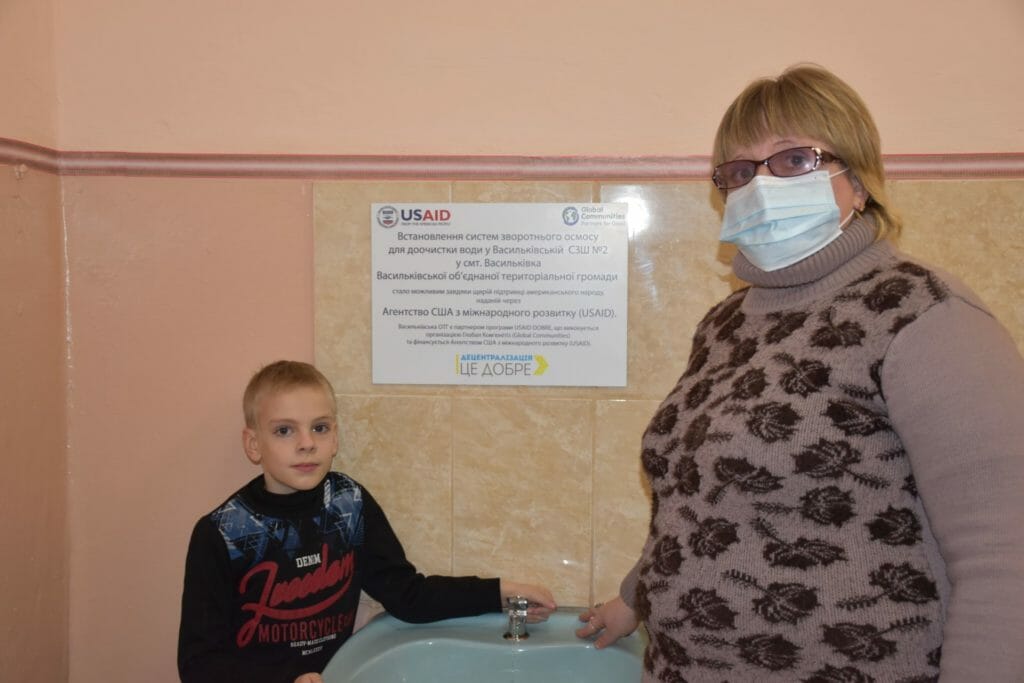
Vasylkivska Consolidated Community Improves Access to Quality Drinking Water in Educational Establishments
Many of the 56 individual communities in Ukraine’s Vasylkivska Consolidated Community, Dnipropetrovsk Oblast lacked access to clean water. The population of about 23,000 had only one village acting as …
Read More



